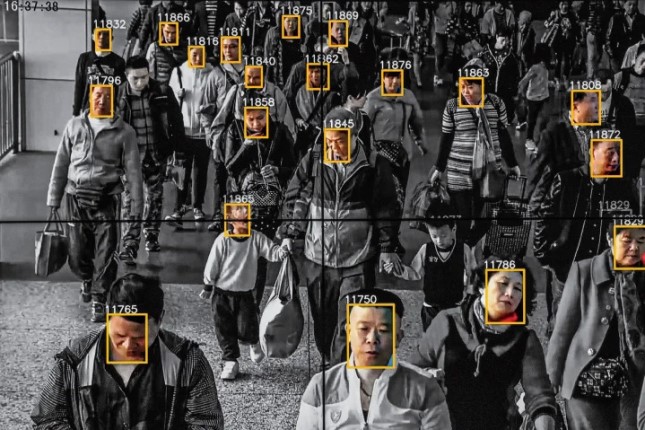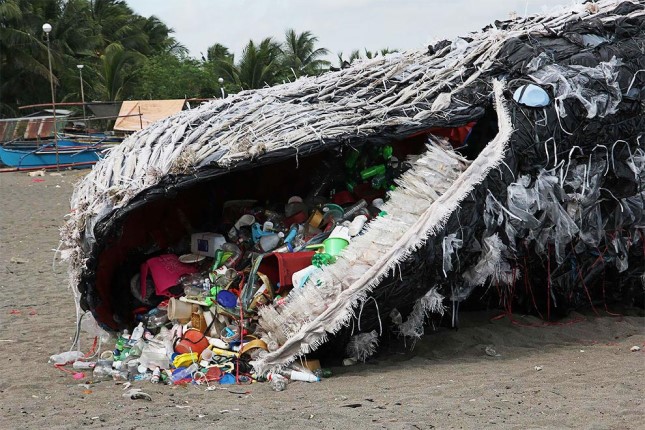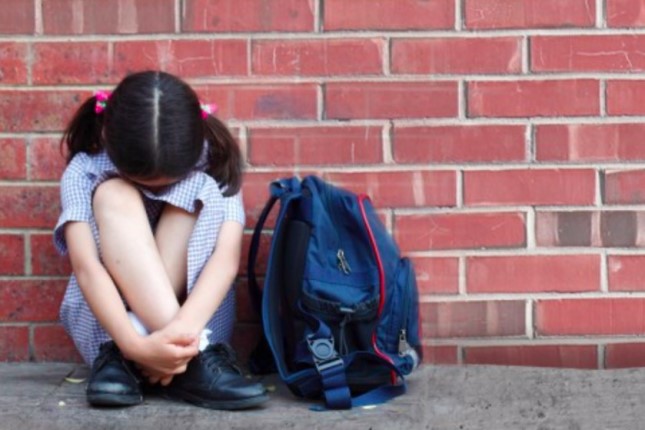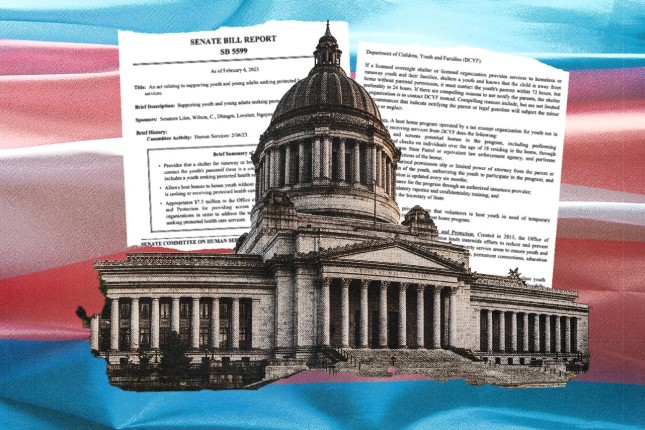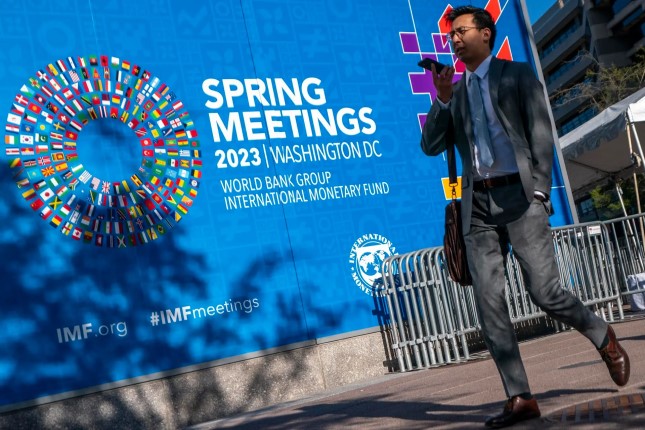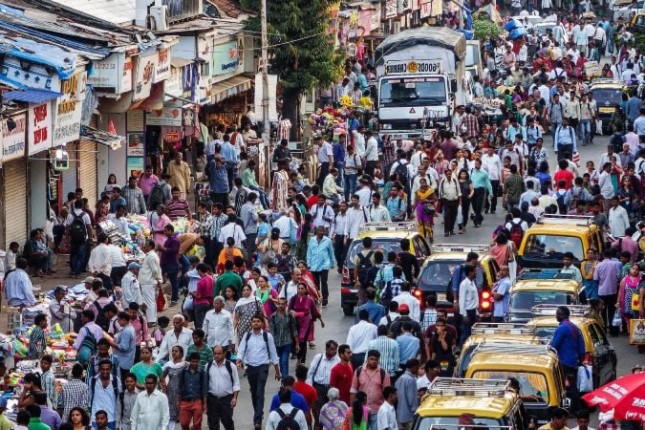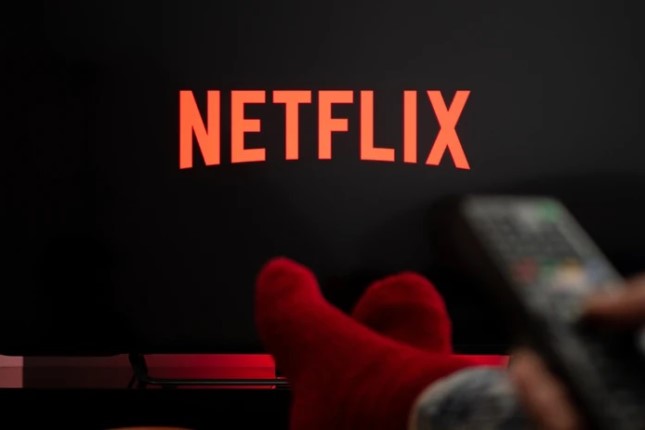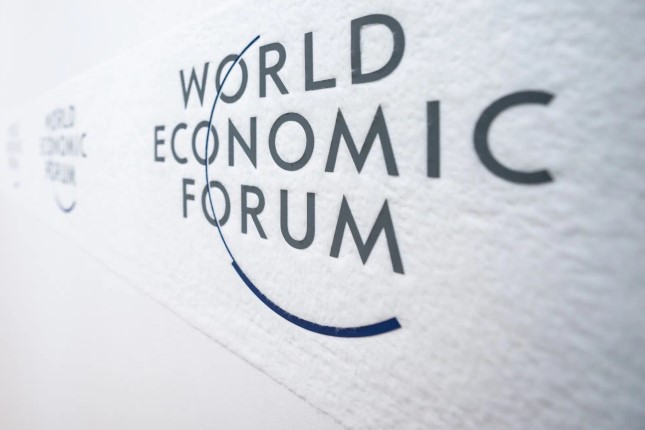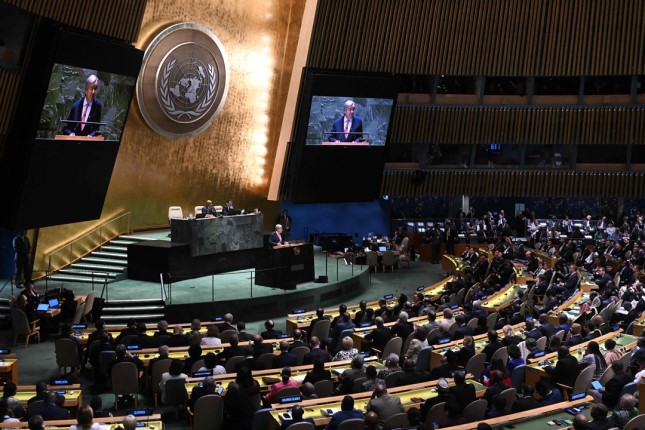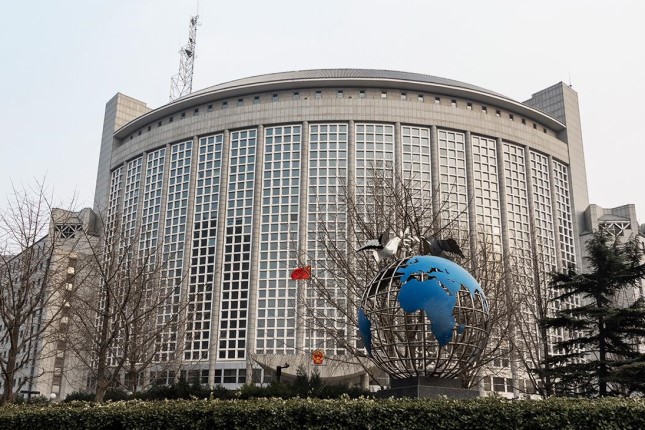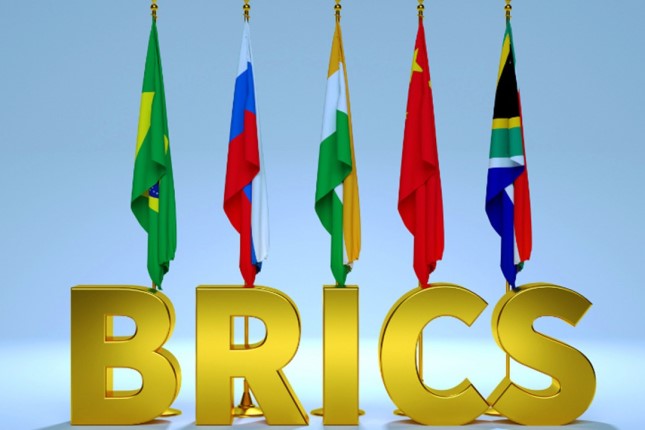Social Credit System implemented by the Chinese government triggers a lot of concerns in the West, where it is often perceived as a tool to establish totalitarian control over society. In mainstream media, it is compared to nothing less than the "big brother" from Orwell's "1984" or the British dystopian series "Black Mirror".
This perception is often echoed by politicians, such as US Vice President Mike Pence, who in 2018 criticized the social credit system, describing it as "an Orwellian system premised on controlling virtually every facet of human life".
But this is at least quite an exaggeration. A more thoughtful analysis of what the system does, not what it can potentially grow into in the worst-case scenario, contradicts this viewpoint.
Project in progress
One thing to remember is that it does not exist as a unified system so far. The Chinese social ranking is primarily an unfinished project, with many diverse programs implemented in different cities and provinces in various areas of the economy, society and law.
It is instead a series of experiments and competing approaches, most of which focus on scoring the trustworthiness of businesses and government bodies. At the same time, only a tiny share is concerned with individual social ratings.
The program emerged in the 2000’s, but its active development began only after Xi Jinping came to power around 2014. Then the system was tested in certain regions, and as of 2022, over 62 different Social Credit System pilot programs were implemented by local governments.
However, the central government still needs to develop uniform criteria for rating formation and has yet to determine what is considered unambiguously positive behaviour and what is negative.
Also, official documents still need to establish in what form the level of social rating should be expressed: in percentages, points or some other indicators. Therefore, the practical implementation of innovations fell on the shoulders of the authorities in each region. This is a traditional approach for China - to implement the plan "based on local conditions".
What are the goals?
On the one hand, the system is all about the formalization of such notions as reputation and trustworthiness. Trust issues and the moral vacuum associated with the growing wealth inequality have affected Chinese society for decades. And the Social Credit System has been intended as a response to them.
"This system is designed to be both a normative goal in itself and an instrument through which to solve an ever-expanding list of governmental problems such as commercial fraud, corruption, corporate compliance, food safety, professional ethics, and the promotion of what is described as civilized behaviour", explains Chenchen Zhang, assistant professor in international relations at Durham University.
On the other hand, it is difficult to ignore that the social credit system has huge repressive potential and can be used against political dissent in China.
In some projects, criteria for "social credits" are based not only on the lawfulness but also on the morality of citizens' actions, covering economic, social, and political conduct. For instance, participation in protests or criticism towards the Communist Party of China on social media will lower one's social credit.
How does it work?
The actual policy varies significantly from city to city. However, some general rules were introduced in almost every region. For example, if a person delays the departure of the train or smokes on the plane, his or her social rating drops. And those who regularly participate in charity or public work will improve their social credit.
Most initiatives under the social credit system do not involve actual numerical scores. Instead, documentation of a specific offence is recorded in one's credit profile.
Usually, it is about all kinds of minor offences: violating traffic rules, inappropriate behaviour in rapid transit systems, fraudulent use of other people's tickets or fake ID cards, incompliance with waste sorting rules or dog regulations etc. Some of the practices may seem quite exotic.
For instance, Shanghai elderly residents may sue their children (or other family members) for not visiting them regularly. The courts in Shanghai may rule that the children must see the elderly. Then if they fail to do so, they will be blocklisted.
One nationwide use of the social credit system is blocklisting the so-called laolai, debt-dodgers, who can pay their debts but choose not to. Delinquent debtors are banned from travelling by rapid trains or planes, staying at expensive hotels, playing golf, etc. The assumed goal of such sanctions is to limit the luxurious life of persistent non-payers.
However, by far, the most developed and widely used mechanism of the social credit system is black and red lists of companies (for "bad" and "good" ones, respectively, depending on their compliance with tax, labour and other laws). For those on the blocklist, sanctions follow restrictions on obtaining licenses and permits, participation in public procurement, or state infrastructure projects.
An essential aspect of the rating system for public and private organizations is auditing their operations by independent third parties. Here is a typical example: in large cities, the level of environmental pollution is very high; it is difficult to effectively control private plants and factories, and then independent emission sensors are a handy solution.
Data from sensors is collected, and the social credit of polluting manufacturers is automatically reduced.
In general, the Chinese government is deeply paternalistic. It sees its mission in "civilizing" the citizens and strongly prioritizes public well-being over individual freedom – and the social credit system is a natural development of such policies in the era of big data. But only the future will show if it is a pathway to social harmony or a totalitarian nightmare. Probably, none of them.
